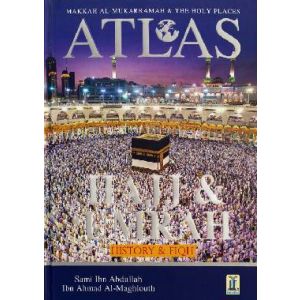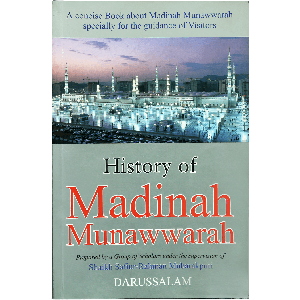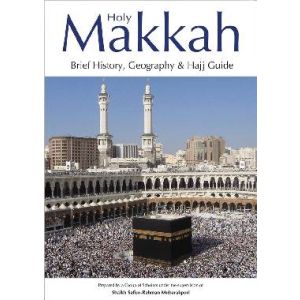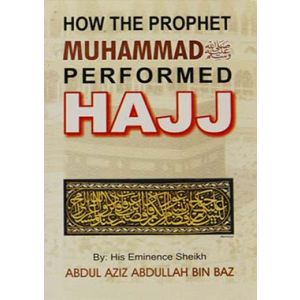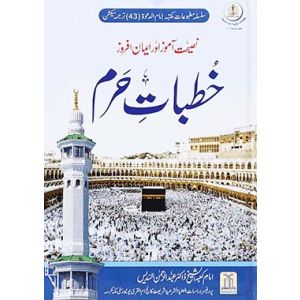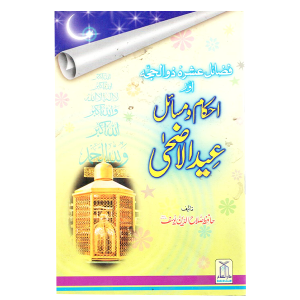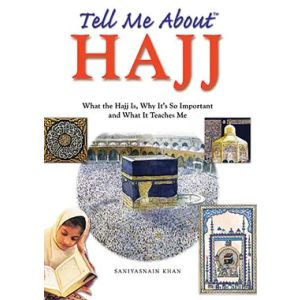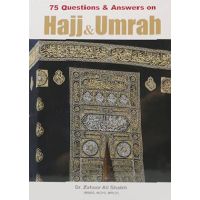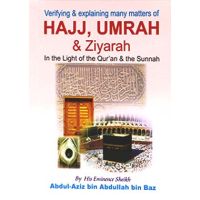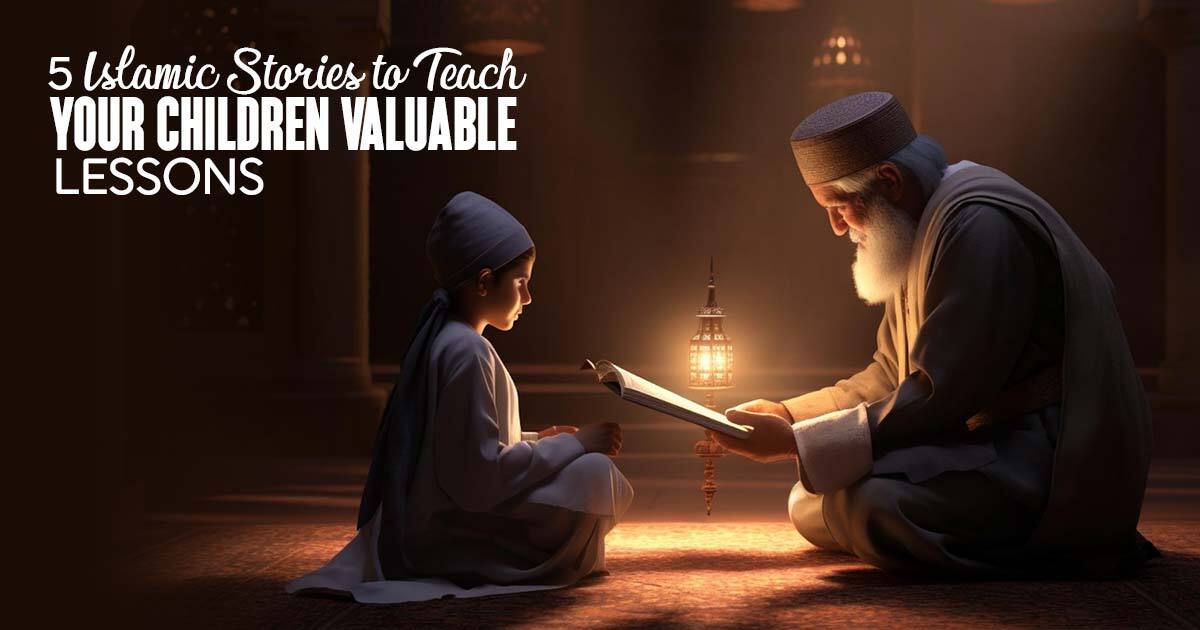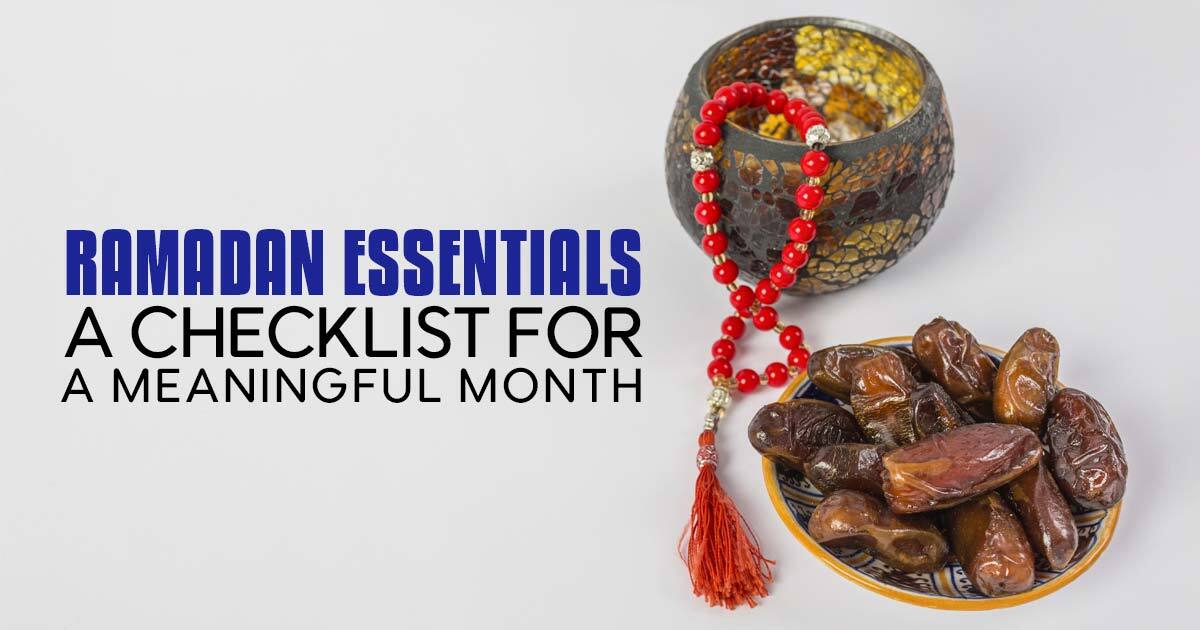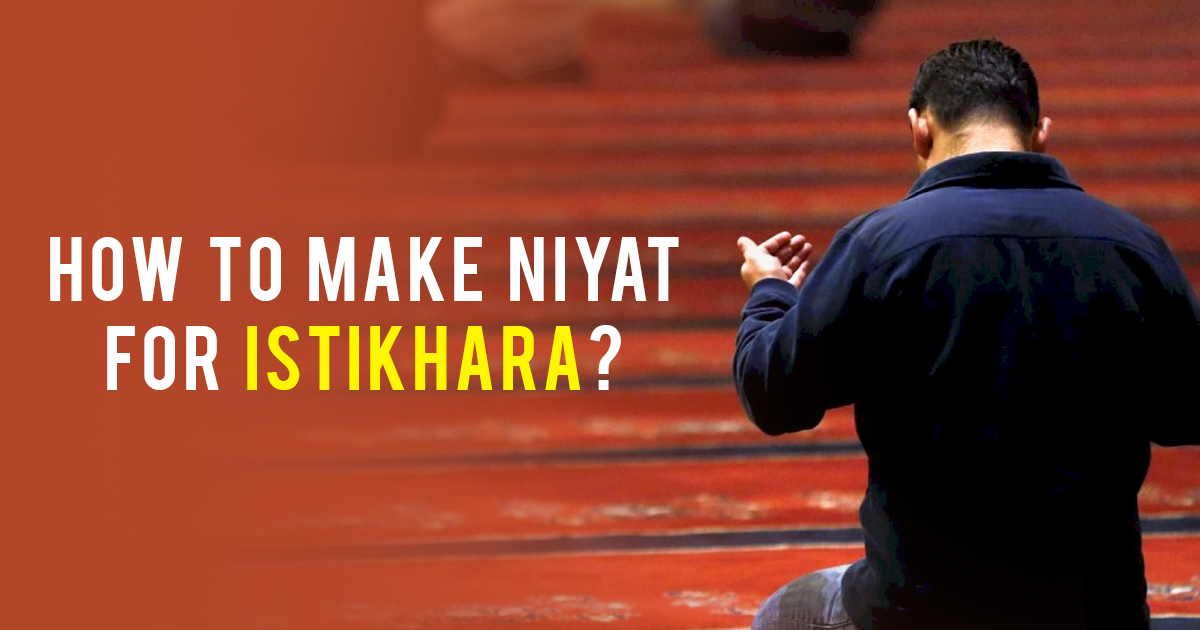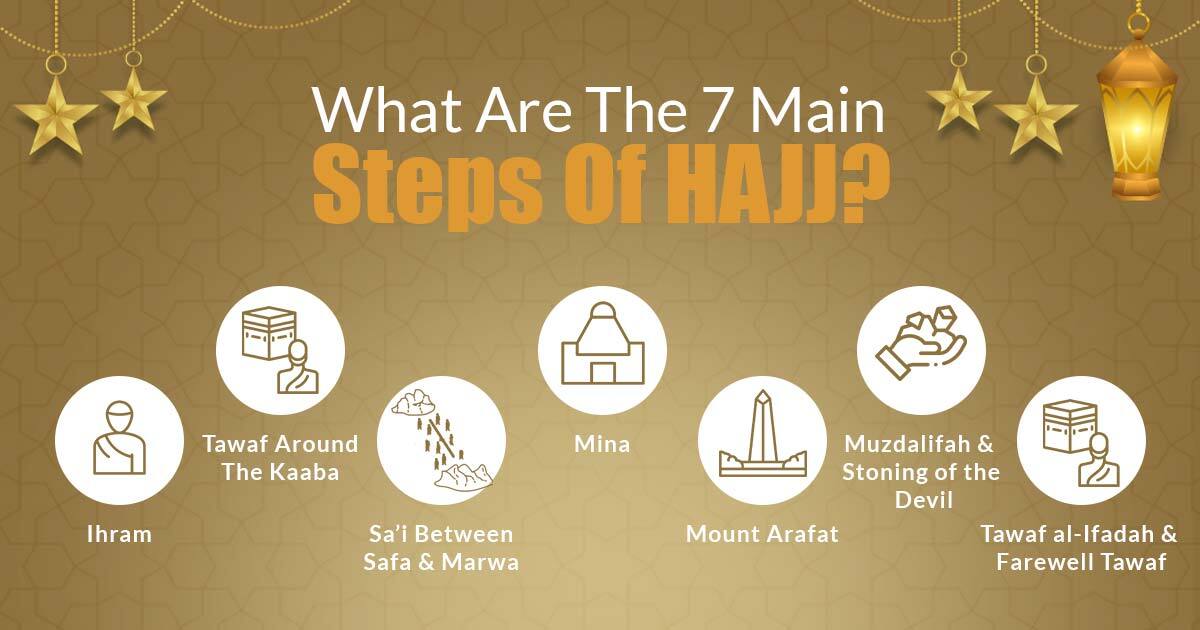We use cookies to make your experience better. To comply with the new e-Privacy directive, we need to ask for your consent to set the cookies. Learn more.
Islamic Identity Post-Khutbah Hajjatul Wida: A Journey of Unity and Equality
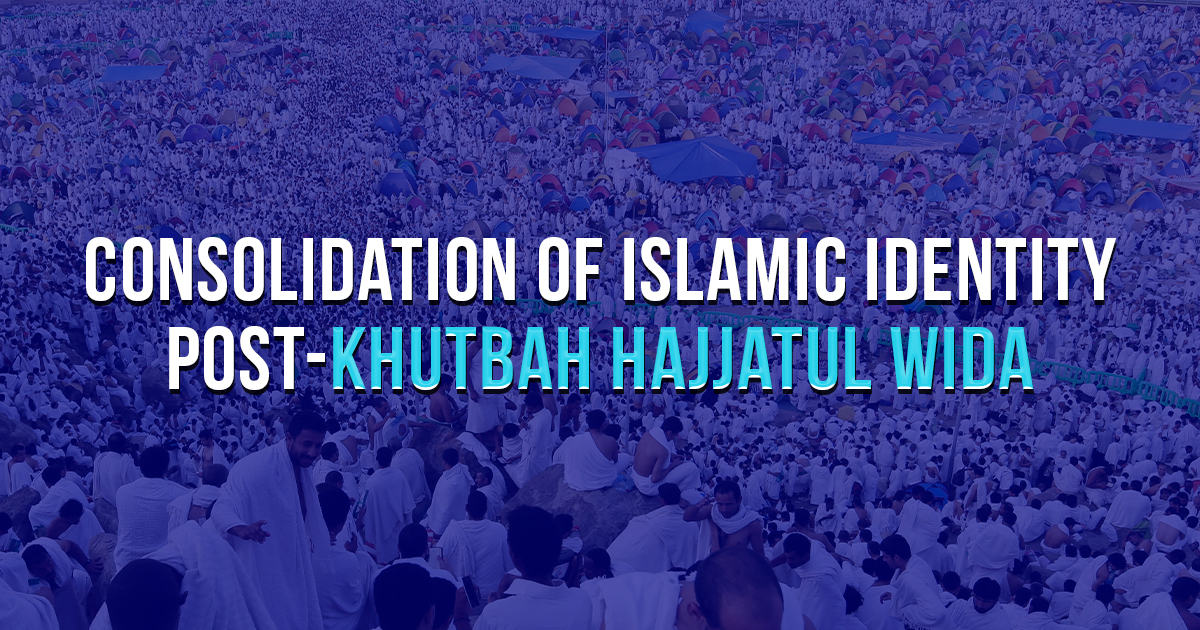
Islamic Identity Post-Khutbah Hajjatul Wida: A Journey of Unity and Equality
The farewell pilgrimage of the Prophet Muhammad (PBUH) is a defining moment in Islamic history. Known as Hajjatul Wida, it stands as an emblematic event that established a blueprint for Muslim unity and identity.
In his farewell sermon (Khutbah Hajjatul Wida), the Prophet Muhammad (PBUH) laid down principles that serve as the bedrock for Islamic ethics, morality, and brotherhood. This blog post examines how the consolidation of Islamic identity post-Khutbah Hajjatul Wida continues to influence the ummah (global Muslim community).
To Have More Knowledge Explore: Islamic Books on Hajj and Ummrah
The Lasting Impact of Khutbah Hajjatul Wida
Historical Context of Khutbah Hajjatul Wida
- Timeframe: The sermon was delivered in 632 CE, during the Prophet Muhammad’s (PBUH) final pilgrimage.
- Significance: Marked the completion of Islam’s message and the culmination of the Prophet’s (PBUH) prophetic mission.
Core Messages of Equality and Fraternity
- Universal Brotherhood: The sermon emphasized that all Muslims are brothers and sisters to one another, regardless of their ethnicity or social status.
- Sacredness of Life and Property: The Prophet Muhammad (PBUH) underlined the importance of respecting others' lives and properties, asserting their sanctity.
Emancipation and Human Rights
- Abolition of Usury: The Prophet Muhammad (PBUH) abolished usurious practices, paving the way for ethical financial dealings.
- Women's Rights: Rights and respectful treatment toward women were strongly advocated.
Strengthening the Fabric of Islamic Identity
Post-Sermon Changes in Muslim Society
- Unified Code of Life: The farewell sermon acted as a constitution for the Muslims, offering a universal code to live by.
- Abolition of Pre-Islamic Practices: Practices such as blood feuds were abolished, and replaced by the Islamic principles of justice and forgiveness.
Modern Implications for Islamic Unity
- Guide for Current Affairs: The principles laid out in the sermon continue to guide Muslim behavior in social, political, and economic spheres.
- Framework for Islamic Governance: The farewell sermon serves as a foundational document that informs contemporary Islamic governance structures.
The Dynamics of Equality in Islam Post-Hajjatul Wida
Islamic Brotherhood Beyond Borders
Equality in Worship: The principles of equality affirmed in the Khutbah Hajjatul Wida continue to impact Islamic rituals, encouraging unity regardless of racial and social distinctions.
Women in Islamic Society
Empowerment of Women: The rights afforded to women in the Khutbah Hajjatul Wida mark the foundation for their ongoing struggle for equality within the ummah.
Economic Justice as Islamic Identity
Social Welfare: Policies against usury and for the protection of the needy and vulnerable became inherent traits of a just and balanced Islamic economy.
Preserving and Promoting Islamic Identity in Contemporary Times
Education and Islamic Identity
- Teaching Core Values: Islamic institutions emphasize the teachings of Hajjatul Wida within their curricula to instill these values from an early age.
Media’s Role in Islamic Representation
- Promoting True Islamic Principles: Media platforms have the potential to broadcast the unifying message of the Prophet’s (PBUH) farewell sermon globally.
Global Islamic Movements and Khutbah Hajjatul Wida
- Inspiration for Movements: Many global Islamic movements draw directly from the principles set forth during Hajjatul Wida to navigate contemporary issues.
Challenges and Solutions for Upholding the Legacy
Addressing Sectarianism and Division
- Revisiting Core Principles: Acknowledging the message of the Khutbah Hajjatul Wida can help dissolve sectarian divisions and political strife.
The Role of Islamic Leadership
- Leading by Example: Islamic leaders play a crucial role in embodying and enacting the principles stated in the Prophet’s (PBUH) farewell sermon.
Conclusion: Embracing an Ethical Islamic Identity
The principles elucidated in Khutbah Hajjatul Wida have endured as guiding lights for Muslims. By revisiting and upholding these ideals, the Islamic ummah can continue to cultivate a sense of unity and equality that extends across all facets of life.
FAQs: Understanding Islamic Identity Post-Hajjatul Wida
How did Khutbah Hajjatul Wida define Islamic identity?
Khutbah Hajjatul Wida defined Islamic identity through principles of equality, justice, and universal brotherhood, reminding Muslims of their obligations to Allah (SWT), and each other.
What social changes occurred due to the farewell sermon of the Prophet Muhammad (PBUH)?
The farewell sermon led to significant social changes, such as the abolishment of blood feuds, the establishment of women's rights, and the end of tribal and racial supremacy.
How does the Khutbah Hajjatul Wida influence modern Islamic governance?
Modern Islamic governance draws inspiration from the sermon for creating laws and policies that reflect the Quran and Sunnah, emphasizing human rights, justice, and societal welfare.
In what way can the message of Khutbah Hajjatul Wida help address contemporary issues in the Muslim world?
It serves as a timeless charter that can help resolve issues like racism, inequality, and injustice by reminding Muslims of their shared values and responsibilities.
How can individual Muslims apply the teachings from Khutbah Hajjatul Wida today?
Individual Muslims can embody the sermon's teachings by showing respect for the sanctity of life, honoring the principles of justice and equality, and abiding by the ethical financial practices prescribed by Islam.
The enduring legacy of the Khutbah Hajjatul Wida lies in its straightforward yet profound guidance on living an Islamic life rooted in ethics, togetherness, and faith. Believers must revisit this final message from the Prophet Muhammad (PBUH) as a means to reaffirm their commitment to these universal values.

 United Kingdom
United Kingdom Saudi Arabia
Saudi Arabia Pakistan
Pakistan




